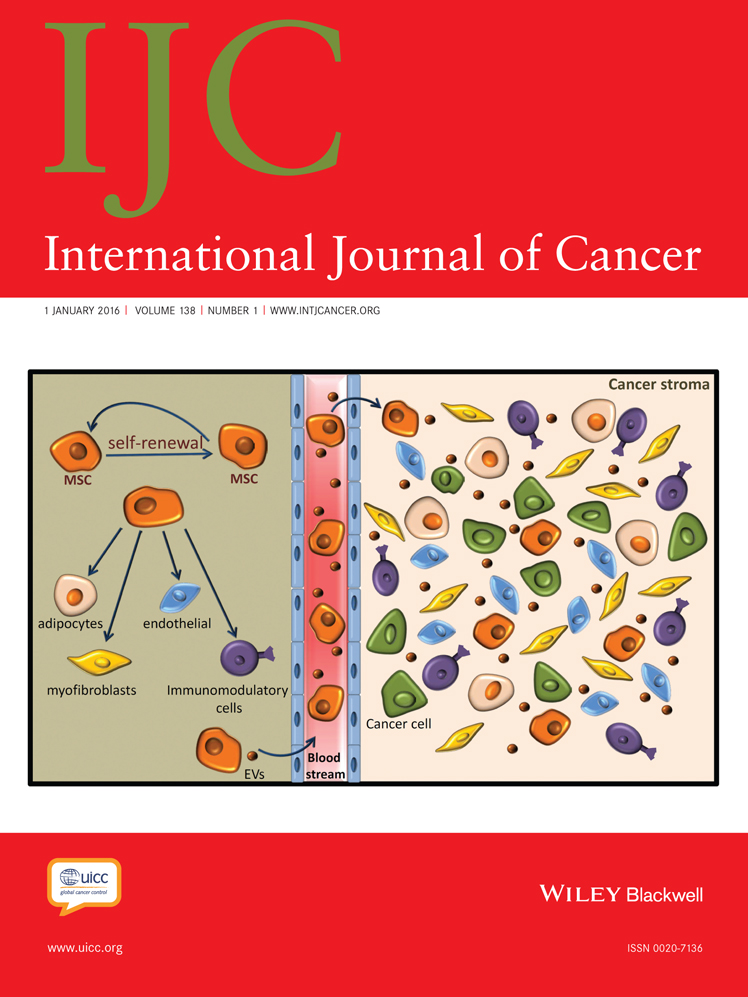Therapeutic administration of IL-15 superagonist complex ALT-803 leads to long-term survival and durable antitumor immune response in a murine glioblastoma model
Conflict of Interest: Hing C. Wong, Peter R. Rhode, Warren D. Marcus, Sarah Alter, and Emily K. Jeng are the employees and stockholders of Altor Bioscience Corporation.
Drew M. Pardoll: Research Funding: Bristol Myer Squibb
Michael Lim: Research Funding: Bristol Myer Squibb, Celldex Therapeutics, Immunocellular Therapeutics Ltd, Altor BioScience Corporation, Agenus, Merck, and Accuray.
Abstract
Glioblastoma is the most aggressive primary central nervous system malignancy with a poor prognosis in patients. Despite the need for better treatments against glioblastoma, very little progress has been made in discovering new therapies that exhibit superior survival benefit than the standard of care. Immunotherapy has been shown to be a promising treatment modality that could help improve clinical outcomes of glioblastoma patients by assisting the immune system to overcome the immunosuppressive tumor environment. Interleukin-15 (IL-15), a cytokine shown to activate several effector components of the immune system, may serve as an excellent immunotherapeutic candidate for the treatment of glioblastoma. Thus, we evaluated the efficacy of an IL-15 superagonist complex (IL-15N72D:IL-15RαSu-Fc; also known as ALT-803) in a murine GL261-luc glioblastoma model. We show that ALT-803, as a single treatment as well as in combination with anti-PD-1 antibody or stereotactic radiosurgery, exhibits a robust antitumor immune response resulting in a prolonged survival including complete remission in tumor bearing mice. In addition, ALT-803 treatment results in long-term immune memory against glioblastoma tumor rechallenge. Flow cytometric analysis of tumor infiltrating immune cells shows that ALT-803 leads to increased percentage of CD8+-cell infiltration, but not the NK cells, and IFN-γ production into the tumor microenvironment. Cell depletion studies, in accordance with the flow cytometric results, show that the ALT-803 therapeutic effect is dependent on CD4+ and CD8+ cells. These results provide a rationale for evaluating the therapeutic activity of ALT-803 against glioblastoma in the clinical setting.
Abstract
What's new?
A new synthetic cytokine could jump-start the immunotherapy route to treating glioblastoma. The cytokine IL-15 has shown promise at stimulating an immune response, but its short half-life in the bloodstream has stymied efforts to deploy it against the deadly brain tumor. This article reports results from tests of a synthetic IL-15 molecule against glioblastoma in mice. They show that the molecule spurs a strong immune defense against the tumors, and a long-term immune memory against recurrence. Clinical testing in humans could be on the horizon.




